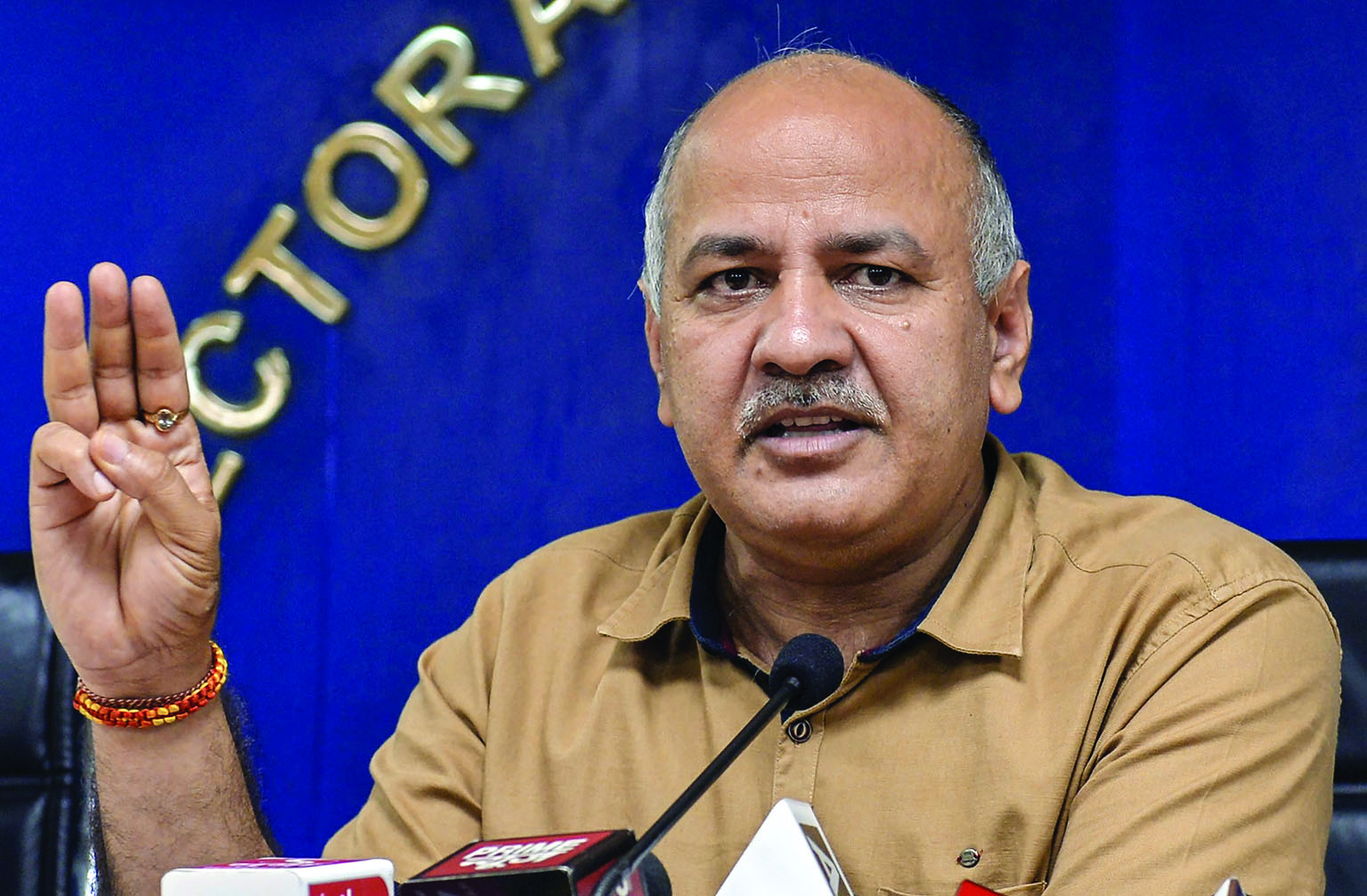Excise case: SC agrees to hear Sisodia’s bail pleas in CBI & ED cases on July 14

New Delhi: The Supreme Court on Monday agreed to hear the bail pleas of Aam Aadmi Party (AAP) leader Manish Sisodia on July 14 in the excise policy “scam” case being probed by the CBI and the money-laundering matter arising out of it.
A bench of Chief Justice D Y Chandrachud and Justice P S Narasimha agreed to hear the matter after senior advocate Abhishek Singhvi, representing the former Delhi deputy chief minister, urged the court to take it up for hearing on grounds that his wife is seriously ill and hospitalised.
The bench said although the matter is listed for hearing on July 17, it will take it up on July 14.
Sisodia moved the court last week, seeking bail in the CBI and ED cases related to the alleged Delhi excise policy scam.
He has moved the apex court challenging two orders of the Delhi High Court that dismissed his bail pleas in these cases.
Sisodia, who also held the excise portfolio among many that he handled as the deputy chief minister, was arrested by the Central Bureau of Investigation (CBI) on February 26 for his alleged role in the “scam”. He has been in custody since then.
Sisodia resigned from the Delhi cabinet on February 28.
The high court denied bail to him in the CBI case on May 30, saying having been the deputy chief minister and excise minister, he is a “high-profile” person who has the potential to influence the witnesses.
On July 3, the high court declined him bail in the money-laundering case linked to alleged irregularities in the city government’s excise policy, holding that the charges against him are “very serious in nature”.
In its May 30 order, the high court had said since Sisodia was at the “helm of affairs” when the alleged scam took place, he cannot say he had no role to play.
The high court had said with his party still in power in the national capital, Sisodia, who once held 18 portfolios, continues to wield influence and since the witnesses are mostly public servants, the possibility of their getting influenced cannot be ruled out.



